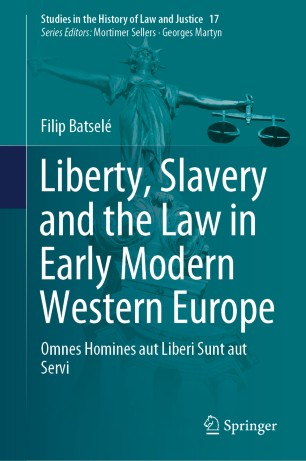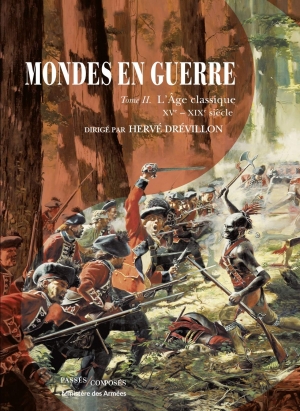(image source: Pedone)
Book abstract:
Connaissez-vous la Farnesina, le MID, l’Itamaraty ? Ces noms mythiques sont ceux des ministères italien, russe, brésilien des Affaires étrangères, dont le portrait est tracé dans cet ouvrage avec ceux de l’Allemagne, du Canada, de la Chine, des Etats-Unis, du Japon, du Royaume Uni et de la Turquie. Car on parle de politique étrangère, de relations internationales, et on méconnaît généralement les acteurs et les outils diplomatiques. Après le portrait du Quai d’Orsay, dressé dans Diplomatie française, acteurs et outils depuis 1980 (Odile Jacob, 2018), il semblait indispensable d’étudier les principales diplomaties étrangères. Or, celles-ci, confrontées à la mondialisation, ont subi de profondes transformations au cours de ces quarante dernières années, comme le Quai d’Orsay. Au-delà de la description des institutions, cet ouvrage permet ainsi d’analyser les défis que ces diplomaties doivent relever, en particulier la prééminence des chefs d’Etat ou de gouvernement, et les réponses divergentes : d’un côté, des diplomaties occidentales affectées par des coupes budgétaires et un déclin des diplomates dans l’appareil d’Etat, de l’autre, des diplomaties des Etats émergents, pour lesquels elles sont un instrument de puissance. Il s’agit donc d’une plongée fascinante dans le monde discret des chancelleries.Table of contents:
Préface, Maurice Vaïsse
John Keiger, Résistance et réforme au Foreign and Commonwealth Office depuis les années 1980
Evgenia Obitchkina, Le MID
Giovanni Caracciolo Di Vietri, La Farnesina et la diplomatie italienne : son histoire et ses outils
Jana Jabbour, Le Dışişleri Bakanlığı : un organe au service de la politique de puissance de la Turquie
Maya Kandel, Le département d’Etat
Greg Donaghy, Affaires mondiales Canada : un ministère toujours vert, 1909-2019
Yves Saint-Geours, L’Itamaraty
Alice Ekman, Les institutions diplomatiques chinoises
Guibourg Delamotte, Le MOFA : redéfinition du statut et du rôle du ministère des Affaires étrangères japonais depuis les années 1990
Postface, Yves Saint-Geours
Hans Dieter Heumann, L’Auswärtiges AmtSee publisher's website.
(source: Multipol)



















